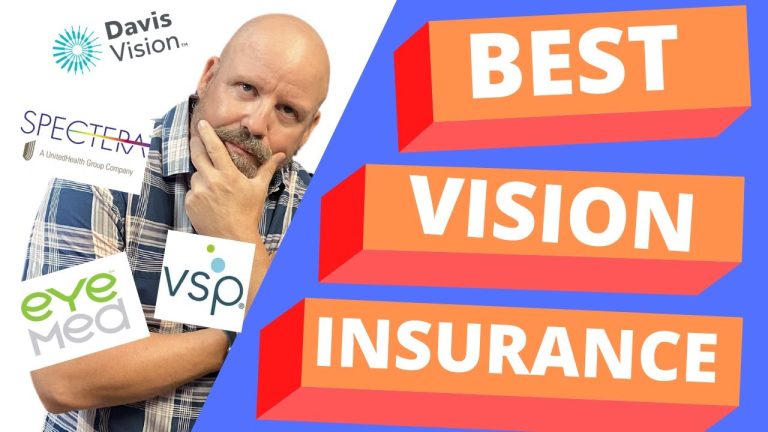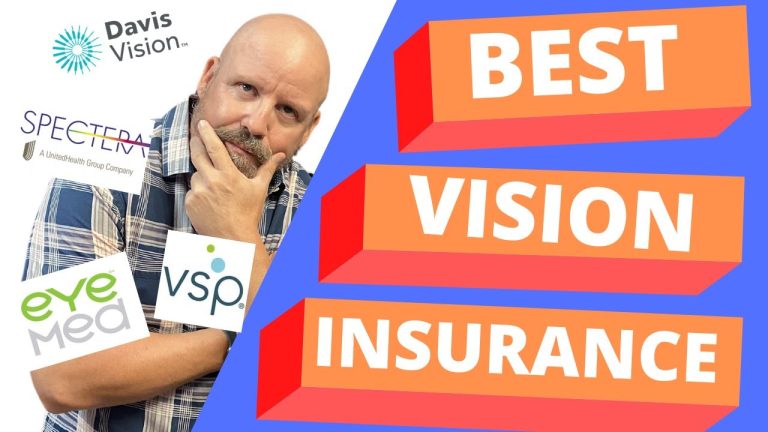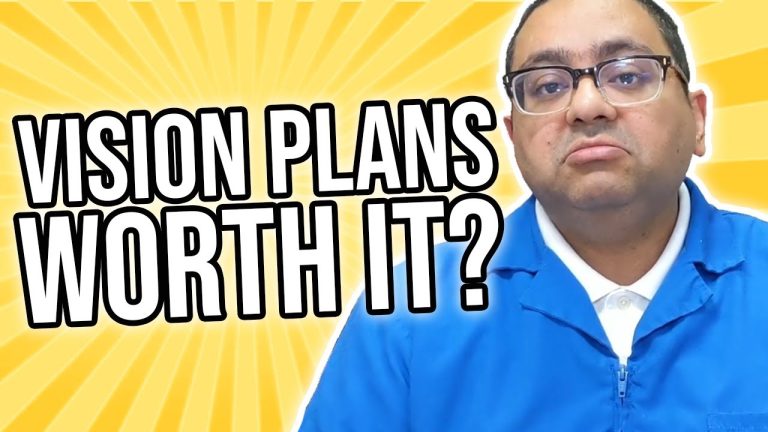Get the Coverage you Need: Vision Insurance for Visual Processing Testing at Your Optical Clinic
Vision insurance is a type of coverage that helps individuals get their eyes checked regularly as well as cover the costs of corrective eyewear such as glasses or contacts. Typically, most vision plans cover routine eye exams and provide a discount on necessities such as frames, lenses, and contacts. However, there’s one service that hasn’t gained much popularity among vision insurance users, and that’s coverage for visual processing testing.
Visual processing testing is a comprehensive evaluation of how the brain interprets and processes visual information. It examines various aspects of our visual abilities, such as eye coordination, depth perception, and focus, among others. Visual processing problems, if left untreated, can result in reading difficulties, poor academic performance, and difficulties in processing real-life visual information.
The Importance of Visual Processing Testing
For many individuals, vision and visual processing go hand in hand. However, that is not always the case. Visual processing testing is essential because it identifies issues that cannot be seen by a routine eye exam. These may include problems such as amblyopia (lazy eye), binocular vision disorders, strabismus, and other visual perceptual processing problems.
Thus, the tests help detect any underlying issues that may negatively impact academic performance, work productivity, and even daily tasks such as driving. Even individuals with no clear visual acuity problems can have issues with visual processing, and that’s why testing is so important.
Why Your Vision Insurance Should Cover Visual Processing Testing
Despite the importance of visual processing testing, vision insurance plans often ignore it, leaving patients to pay out of pocket. However, some insurance providers are beginning to recognize that this kind of testing is equally important and should be covered.
By covering visual processing testing, people will be more likely to seek care for issues that are preventing them from functioning optimally. Insurers recognize the importance of accurate diagnoses so that they can cover the most appropriate treatments. Therefore, coverage for visual processing testing could be a worthwhile investment for both the insurers and the insured.
Types of Vision Insurance Covering Visual Processing Testing
Not all vision insurance plans cover visual processing testing. It’s important to review your insurance policy to ensure coverage. Some insurance providers may offer basic visual processing testing coverage, while others may require an additional add-on or separate policy.
- VSP – Coverage is typically included as part of the policy, and the frequency of testing varies based on the plan.
- EyeMed – Offers partial coverage for visual processing testing, and specific benefits are outlined in the policy.
- Humana – Covers visual processing testing under a separate policy or add-on.
- Aetna – Coverage varies based on the plan and may only include testing for specific conditions.
In conclusion, although visual processing testing may not yet be a standard part of your vision insurance coverage, it’s essential to schedule an appointment with your optometrist to get tested for any visual processing problems. Take note of your insurance plan’s coverage, if any, and if it’s not included, consider switching insurance providers. Your vision is a critical asset, and investing in it can result in a higher quality of life, better academic and work performance, and overall wellness.
Contents
Most wanted in Hoya Vision:
What are prism eyeglass lenses?
What brand lenses does Costco use?
Hoya Lens Engravings
Do tinted glasses help with migraines?
What does +0.25 mean on an eye test?
Hoya Identification Chart
Should eyeglasses cover eyebrows?
What LED light is best for broken capillaries?
Does hyperopia worsen with age?
What is the difference between Ray Ban RB and Rx?
















